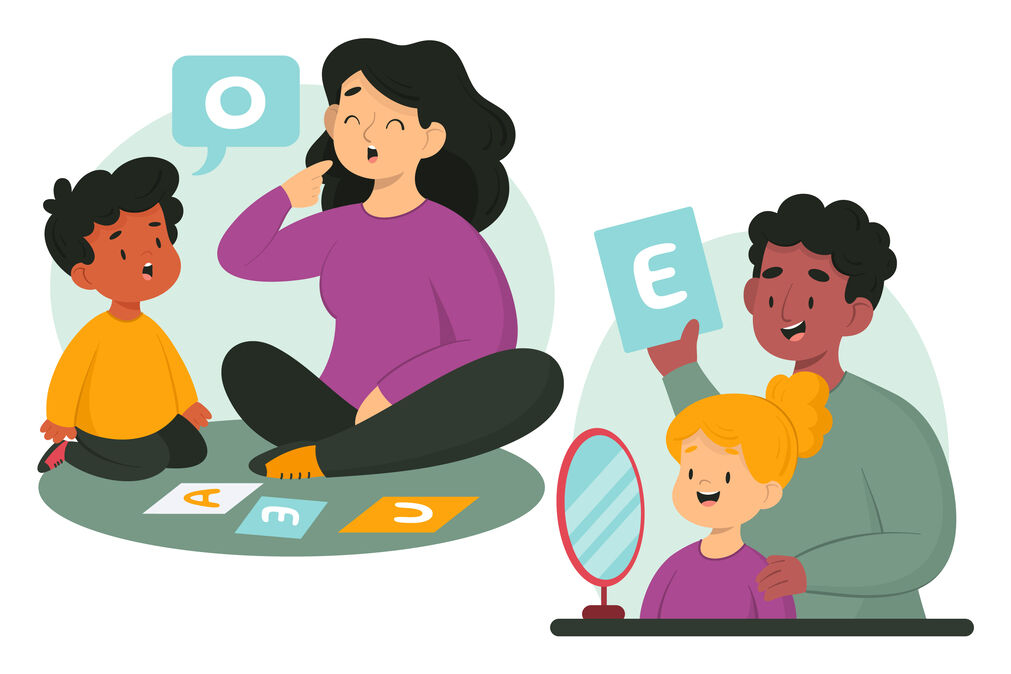



Essential Tips to Foster a Learning Mindset in Your Child’s Early Years

Help your child develop a strong learning mind. Discover effective tips and activities for nurturing a learning mindset in early childhood, focusing on the concept of pentamind.




Nurturing a Learning Mindset in Early Childhood: Tips for Parents
As parents, one of the most valuable gifts we can give our children is a strong learning mind. Early childhood is a critical period for brain development, and the way we nurture our child's growth during these years can have a lasting impact on their future learning abilities. Fostering curiosity, resilience, and creativity from an early age sets the foundation for a lifelong love of learning.
In this blog, we will explore practical tips that parents across all tiers of cities in India can implement to nurture a learning mind in their children. We will also discuss how activities and the pentamind concept—intellectual, social, emotional, physical, and creative development—can play an essential role in shaping well-rounded, curious learners.
1. Encourage Curiosity and Exploration
Children are naturally curious about the world around them. As parents, one of the first things we can do is nurture that curiosity. Encourage your child to ask questions, explore their surroundings, and engage with objects in new ways. A learning mind thrives when children are given the freedom to explore and experiment.
For example, when you're out for a walk, point out different animals, plants, or even the shapes of the clouds. Ask questions that spark their imagination—"What do you think that bird is doing?" These small interactions not only stimulate their curiosity but also introduce them to basic scientific concepts, all while fostering a love for learning.
2. Make Learning Fun with Interactive Play
Learning doesn’t always have to be structured or academic. Play is one of the most effective ways to nurture a learning mind in young children. Interactive games, puzzles, and even pretend play can teach essential concepts such as problem-solving, cooperation, and creativity.
Incorporating pentamind activities—those that challenge multiple areas of development, such as social, emotional, physical, intellectual, and creative—helps children grow in all aspects. For example, building with blocks promotes spatial awareness, while playing with colors fosters creativity.
3. Foster a Growth Mindset
It's important for children to understand that learning is a process, and mistakes are part of that process. A learning mind thrives when children view challenges as opportunities to grow rather than obstacles. Encourage a growth mindset by praising effort rather than just the outcome.
For instance, when your child makes an attempt at solving a problem, no matter the result, acknowledge their effort. Say something like, "I see you tried really hard with that puzzle!" This simple acknowledgment of effort helps them understand that learning is about persistence and not perfection.
4. Create a Stimulating Learning Environment
The environment in which your child learns plays a huge role in their cognitive development. A stimulating environment is filled with opportunities for children to engage with learning materials and develop new skills. Fill your child's space with books, toys that encourage creative play, and educational games.
A designated learning area at home—a cozy reading nook or a craft station—can inspire curiosity and make learning feel exciting. This environment will signal to your child that learning is not confined to school or formal lessons but is part of everyday life.
5. Focus on Emotional Development
Emotional development is just as important as intellectual development when it comes to nurturing a learning mind. Children need to feel safe and supported to thrive in their learning. Encourage your child to express their emotions and practice empathy, which will help them build social and emotional skills that are key to future success.
When children feel emotionally secure, they are more confident in their ability to face challenges. Teach your child simple strategies for managing emotions, such as taking deep breaths when they're frustrated or asking for help when they're unsure. Emotional resilience is crucial for building a learning mind that can tackle new challenges with a positive attitude.
6. Limit Screen Time and Encourage Physical Play
While technology can be a helpful tool for learning, excessive screen time can hinder a child’s cognitive and physical development. Encourage your child to engage in physical activities such as running, playing sports, or simply walking in nature. These activities stimulate brain development and contribute to the development of gross motor skills.
Physical play also promotes social interactions, helping children learn how to work with others, share, and resolve conflicts. Physical activity, especially in natural environments, has a profound impact on building a learning mind.
7. Foster Independence and Problem-Solving Skills
One of the best ways to nurture a learning mind is by fostering independence. Allow your child to make simple decisions, such as picking out their clothes, choosing their snacks, or selecting a book to read. These small choices build confidence and decision-making skills.
Introduce age-appropriate challenges that require problem-solving. Whether it’s putting together a puzzle, finding a way to organize toys, or figuring out how to fix a broken toy, problem-solving helps children develop critical thinking skills. They will learn to approach challenges with curiosity and persistence, important traits for a lifelong learning mind.
8. Establish Routines and Consistency
Children thrive on routines, as they create a sense of security and stability. A predictable routine can help your child feel safe, which is essential for fostering a learning mind. Consistent activities such as reading stories at bedtime or setting aside time for creative play help to establish a learning-friendly environment.
Routines also help children build discipline and time-management skills, which are essential for their academic and personal growth. Make learning a natural part of your child’s routine, encouraging curiosity and exploration throughout the day.
Conclusion
Nurturing a learning mind in early childhood is one of the most important things you can do for your child's future. By creating a supportive, stimulating environment and encouraging curiosity, creativity, and emotional growth, you can set the stage for a lifetime of learning. Using the pentamind approach, which balances intellectual, physical, emotional, social, and creative growth, will help ensure that your child develops into a well-rounded, curious individual.
By following these tips, you will help your child not only develop the skills they need but also foster a lifelong love for learning.Top of Form
